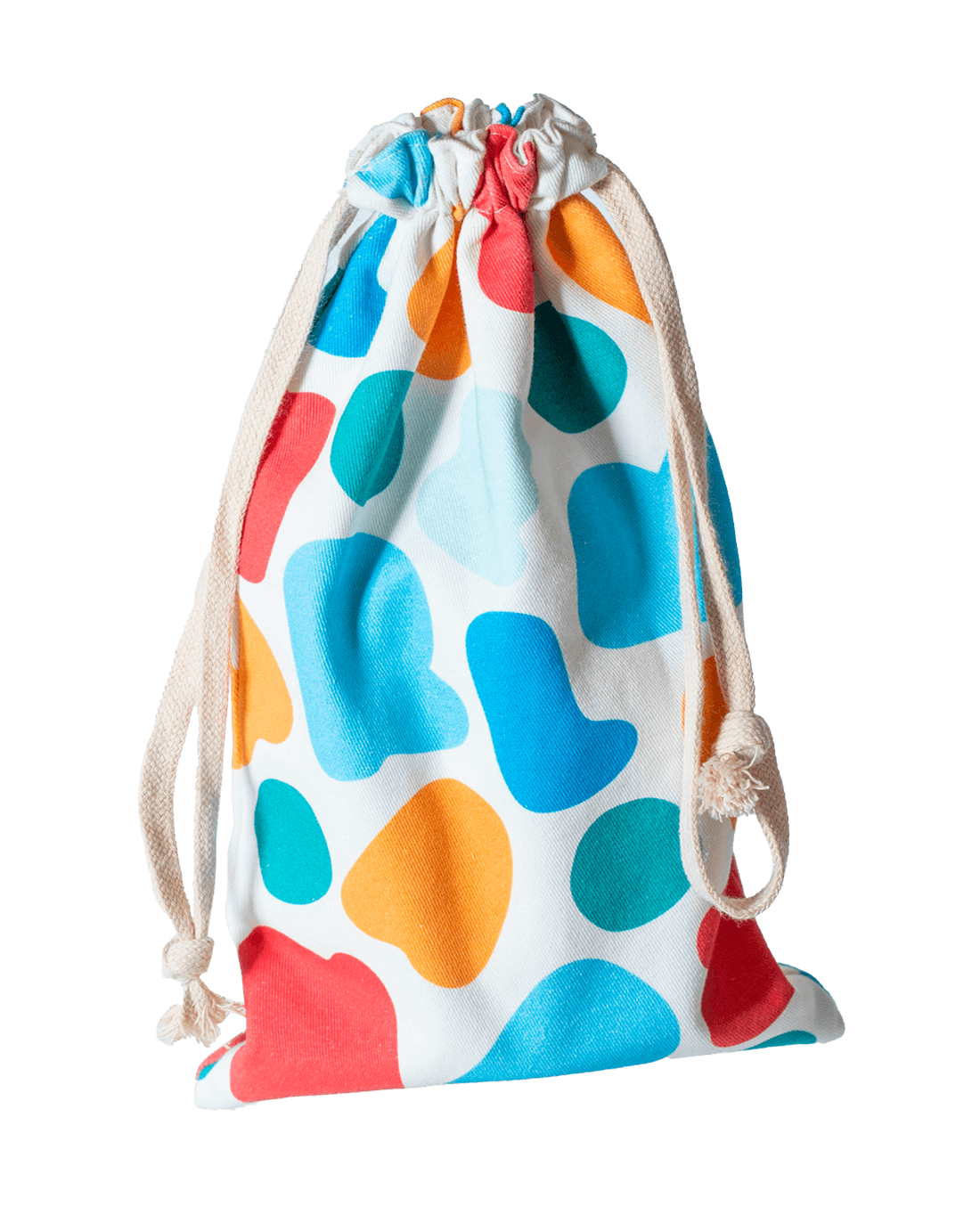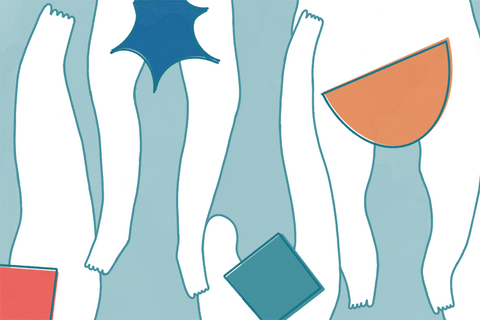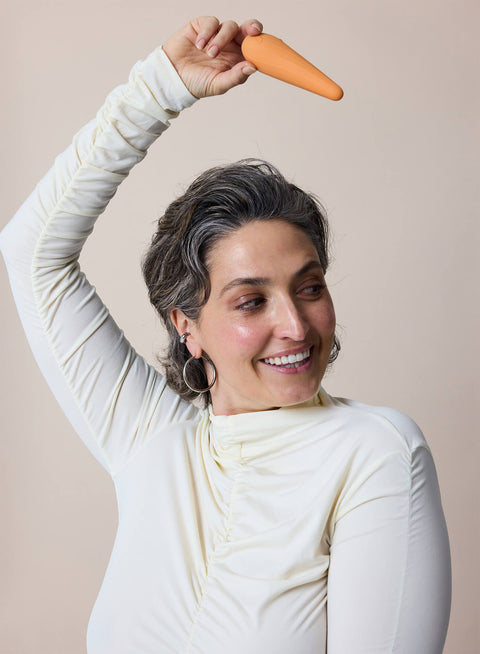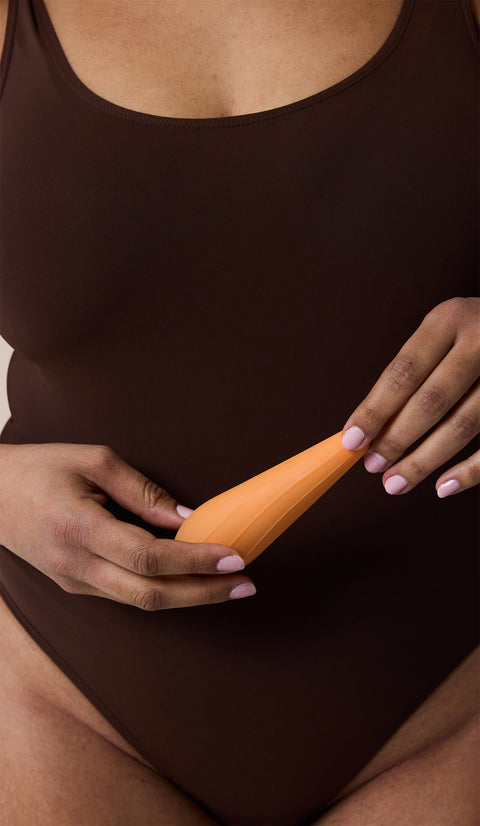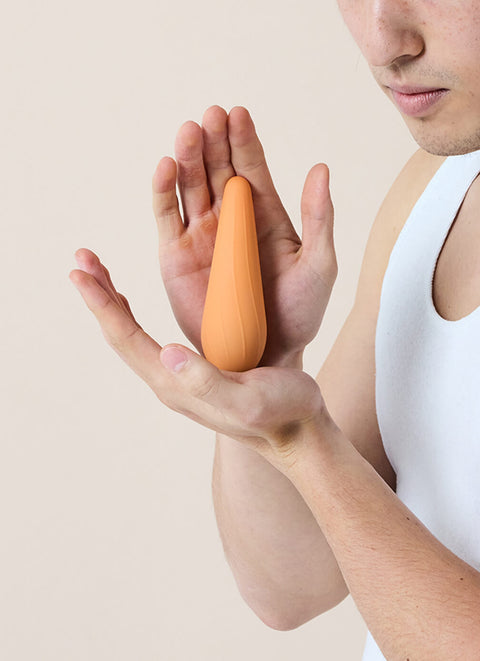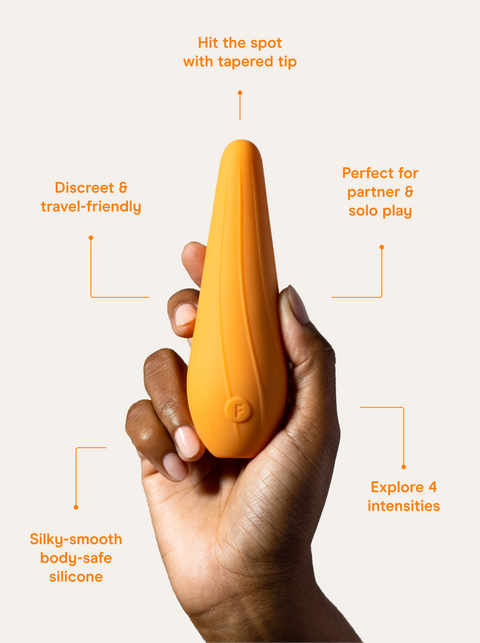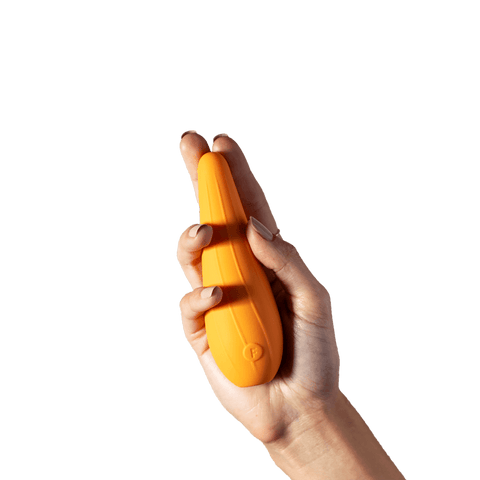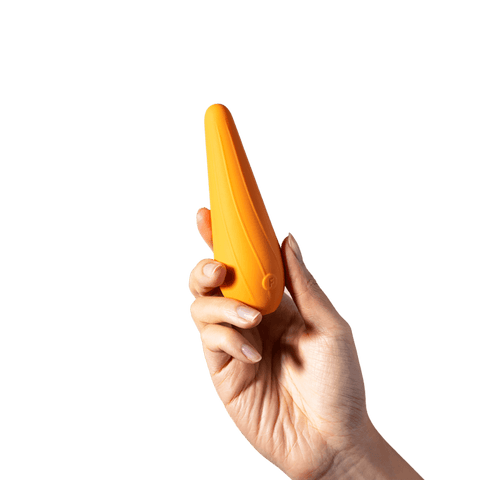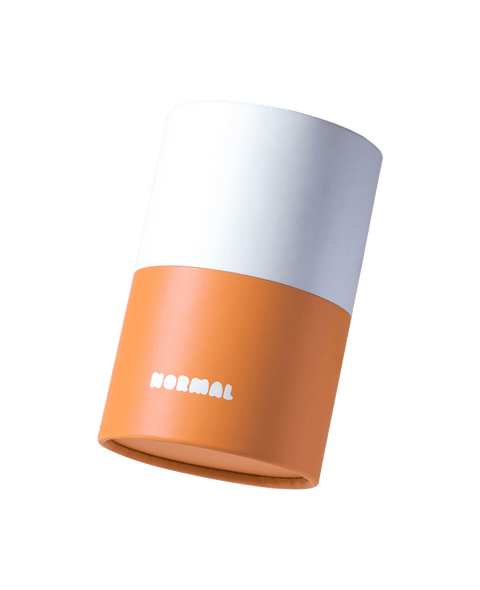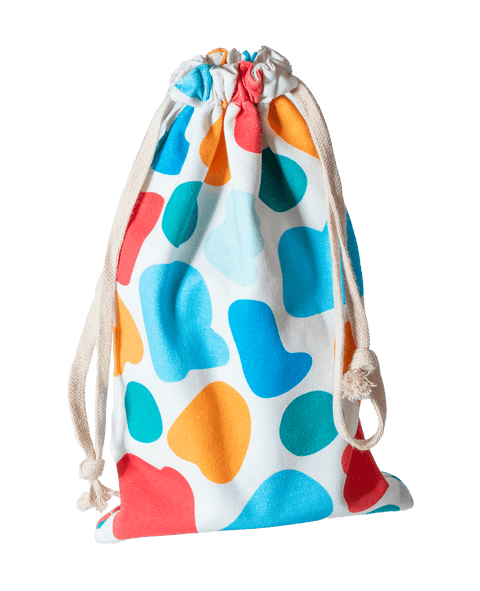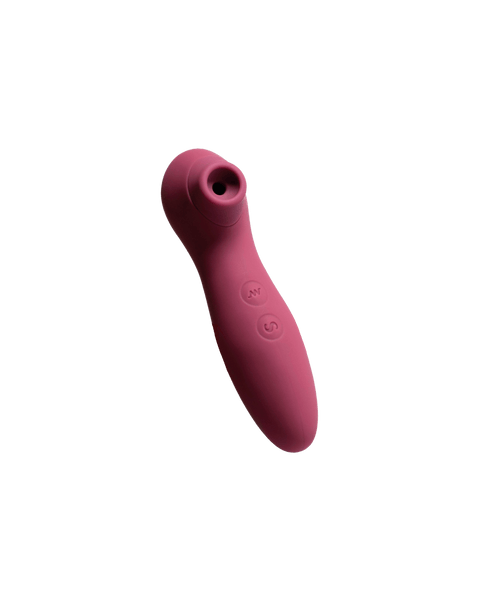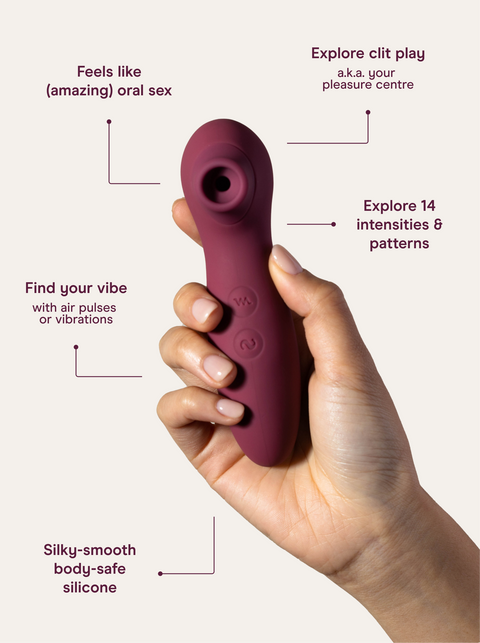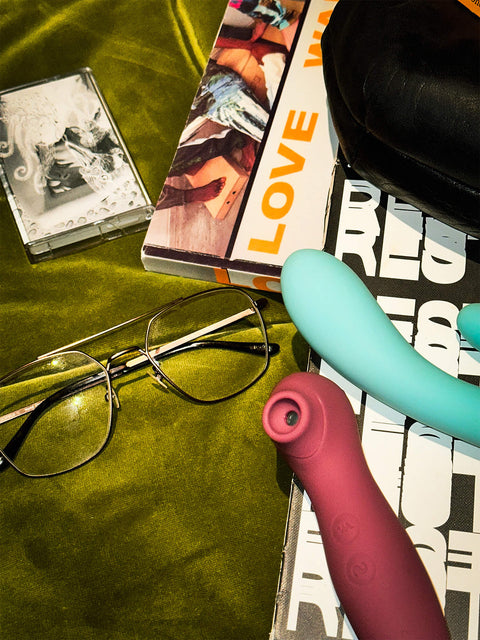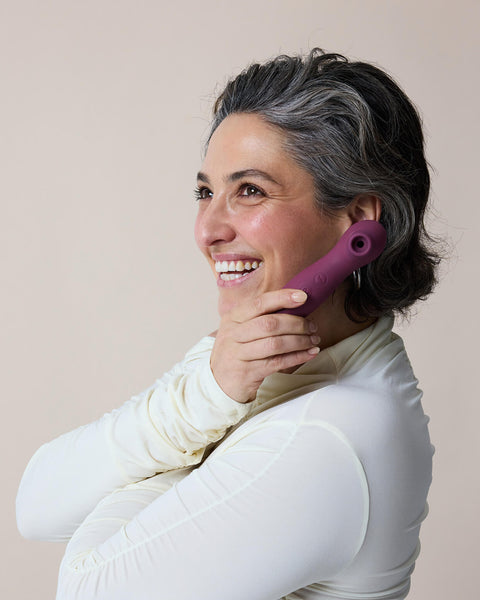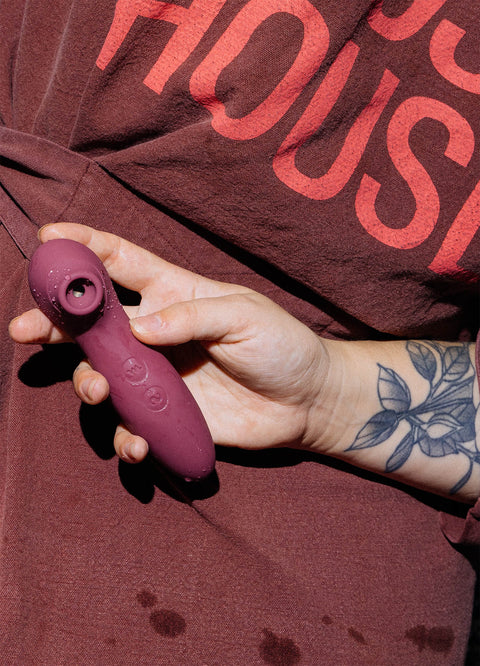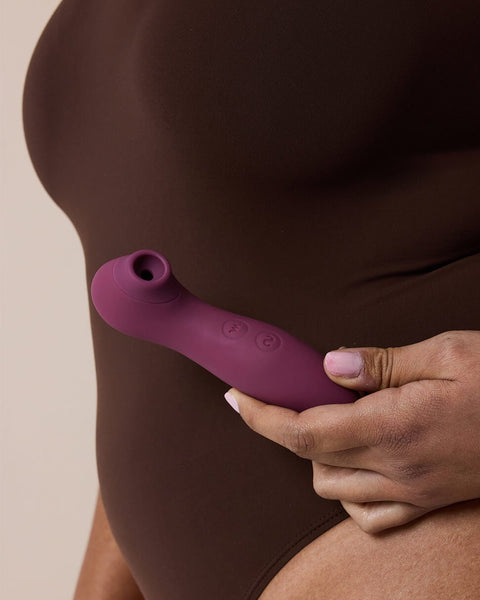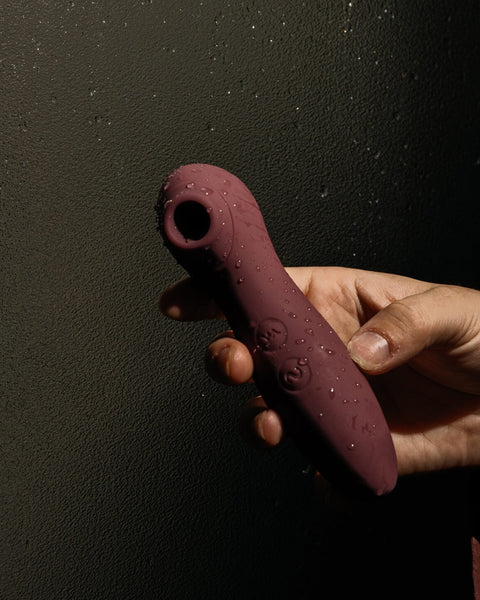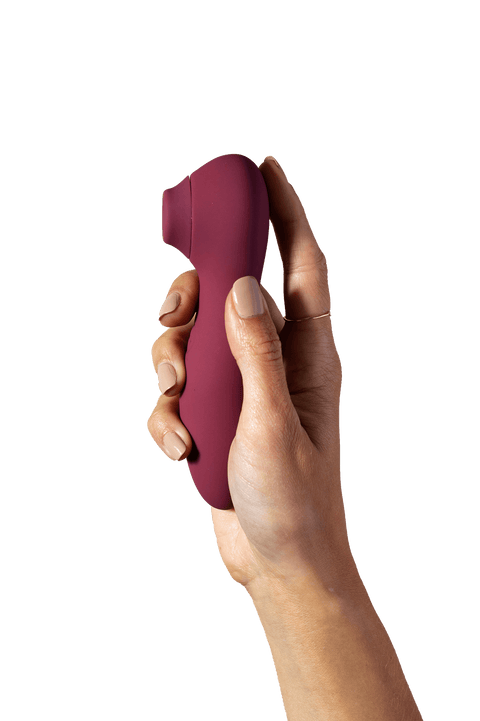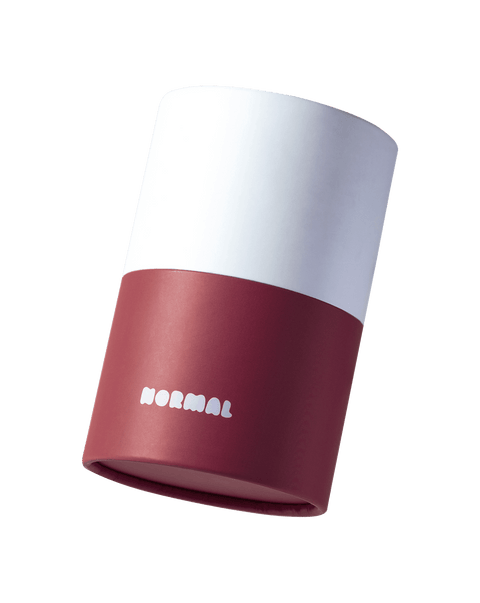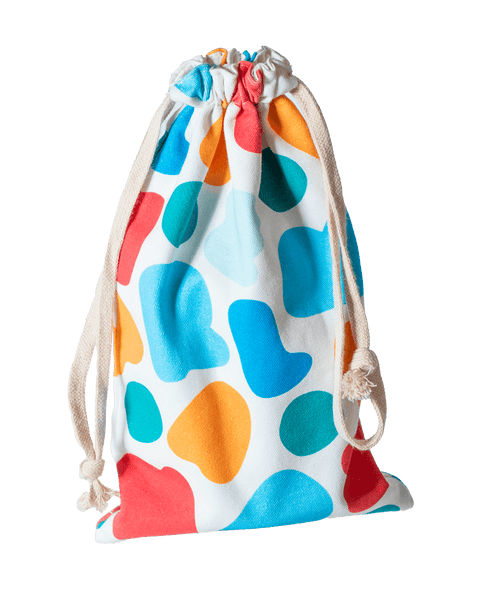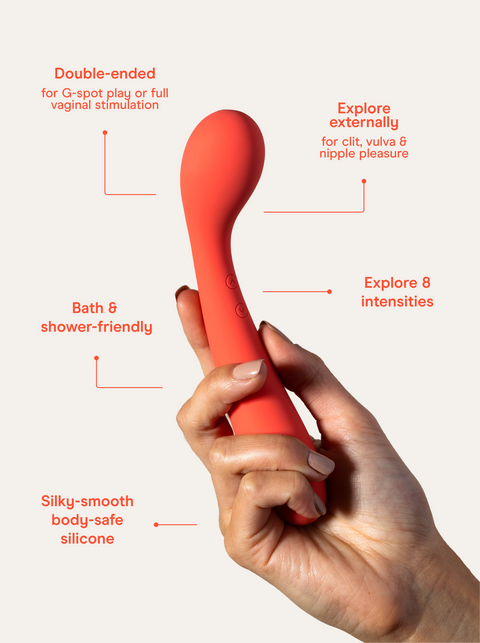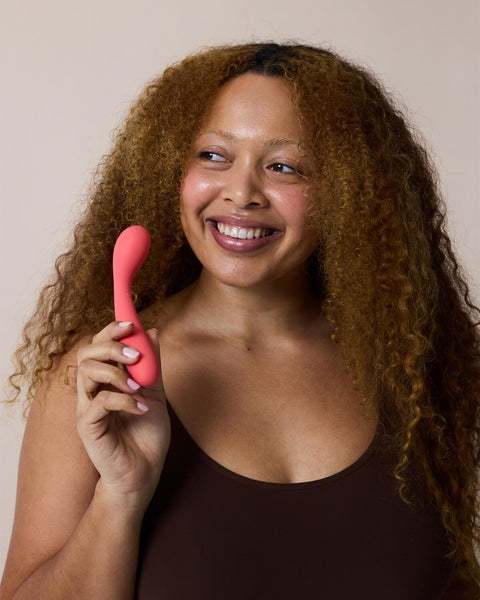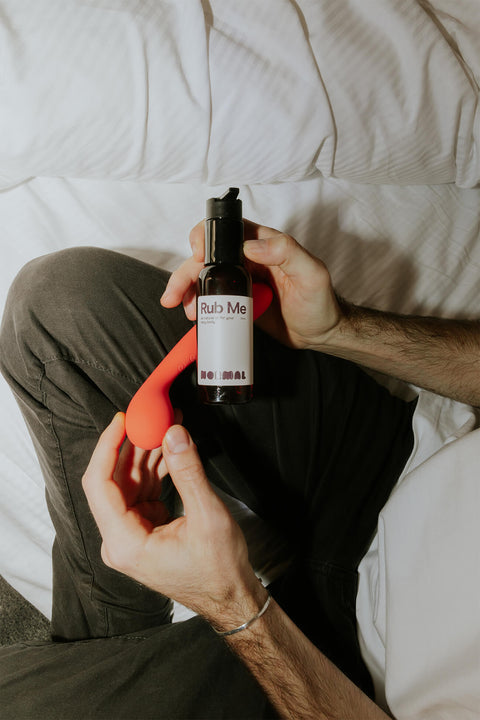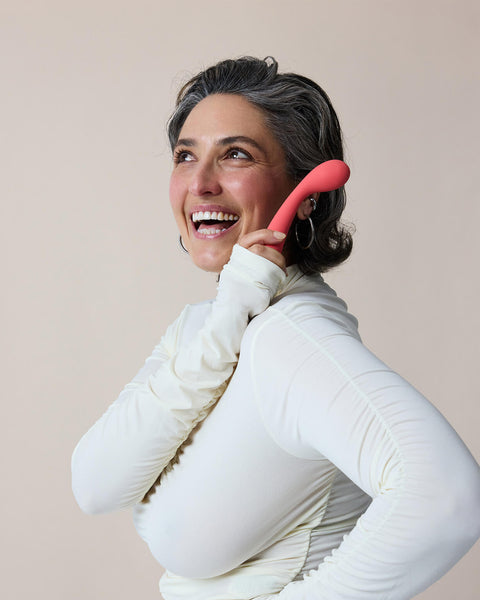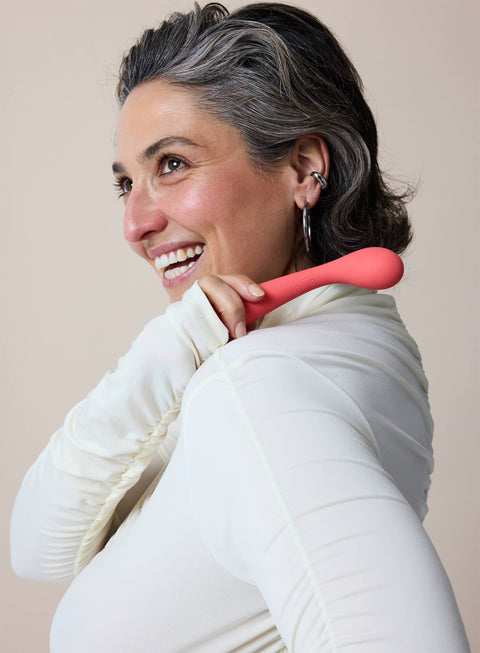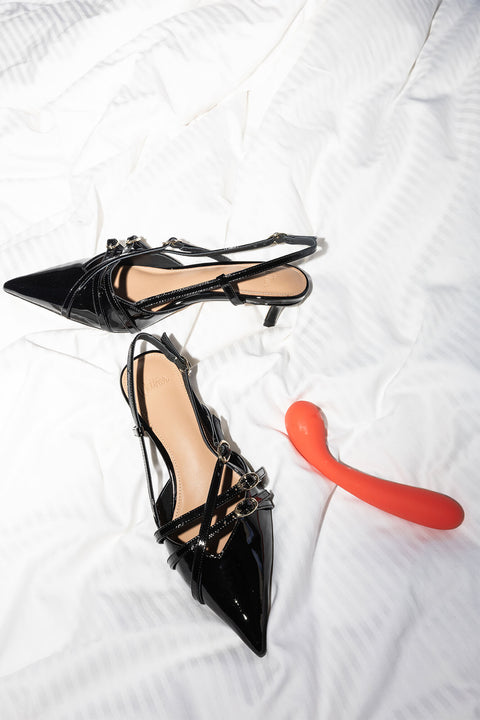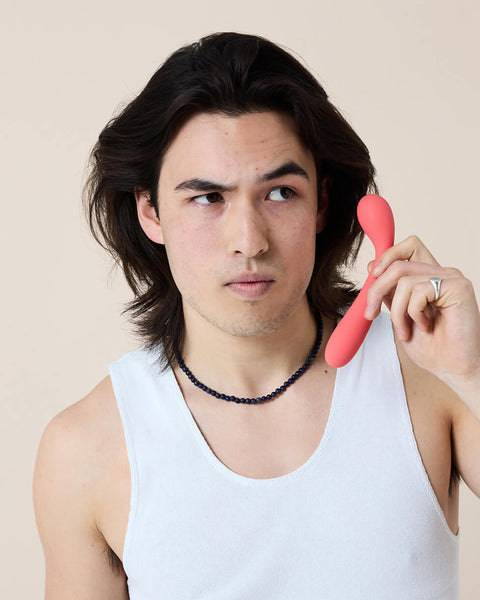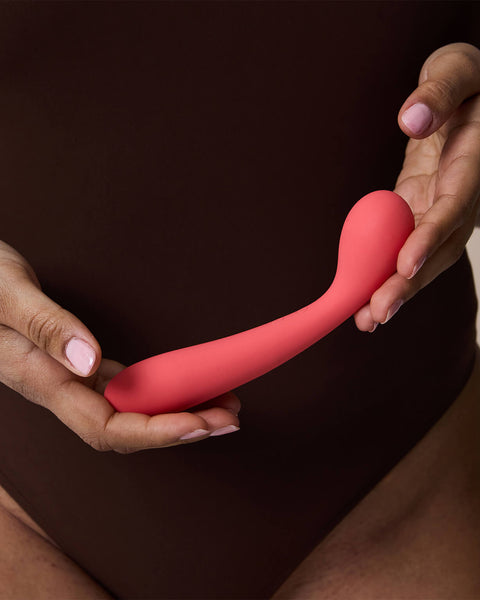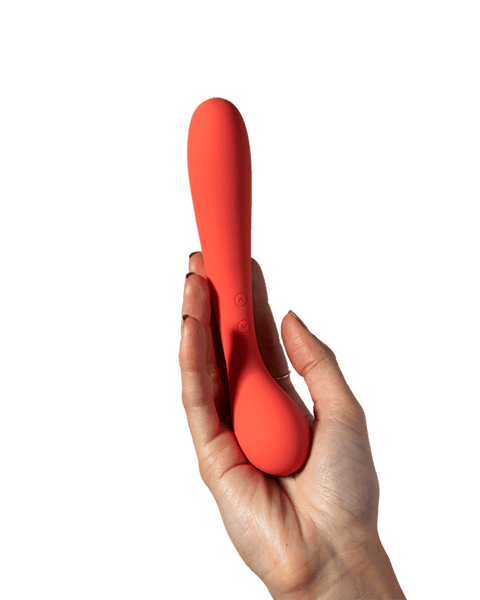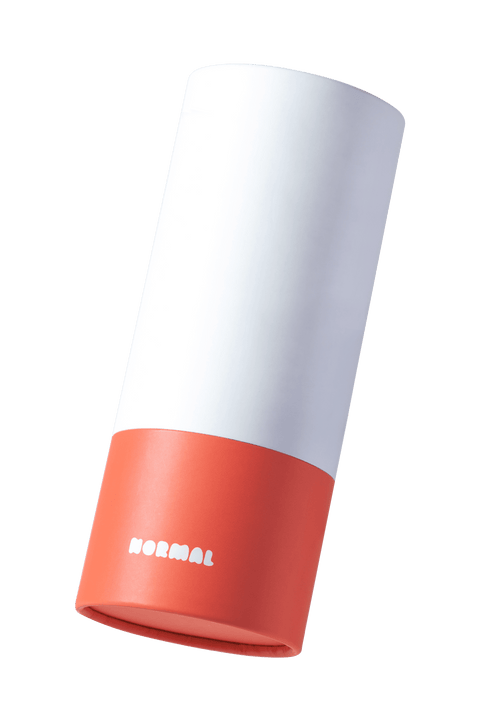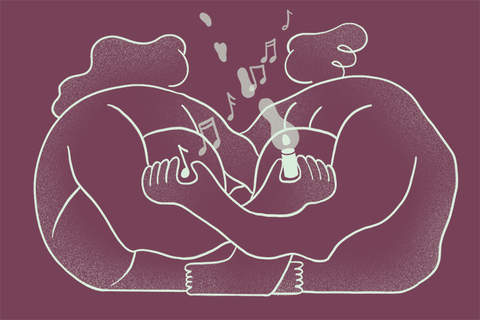This guide is part of the Body Confidence Course, a free video series where acclaimed sex coach Georgia Grace and psychologist Rashida Dungarwalla share the insights and exercises they use to help their clients build more body confidence every day.
It might surprise you to hear this, but your relationship with your genitals can have a huge impact on how you experience your body. We’ve all been fed an idea of what genitals ‘should’ look like—how they should feel, perform, and even smell.
In Georgia’s work as a sex and relationship practitioner, clients often share their concerns about their genitals. They worry that:
- They don’t look ‘normal’
- They don’t perform in the way they want (for example, they climax too quickly or not at all)
- Their inner labia is ‘too much’ or asymmetrical
- Their penis is too small or too large, or their penis shape is uncommon
There are so many really unfair and unrealistic expectations about what genitals should look like, based on things like porn, other media, limited sex education, and censorship. And the way someone feels about their genitals can have a huge impact in and out of the bedroom. It can affect how someone receives and gives pleasure, how present they can be during intimacy, and whether they avoid sex or intimacy or only have it
But when we avoid situations or experiences because we’re concerned about how our genitals look, we miss out on so many great, fun, meaningful, pleasurable experiences. When we are concerned about the way our genitals look we may avoid sex or pleasure entirely—Georgia will often hear that her clients will avoid intimacy because of the potential of being judged by a partner, to reduce the stress they experience about their body. When we reduce our bodies to something that must look perfect in order to experience pleasure, this then affects how we feel in our relationship with our own body and others.
Sometimes an avoidance cycle is created, which can look like:
- Feeling overly concerned about appearance
- Avoiding the situation to avoid facing potential judgement over appearance
- Experiencing short-term relief at avoiding judgement…
- …but still missing out on experiencing great things in the long-term
The Avoidance cycle

Breaking the avoidance cycle
We want to create a safe environment where you can start to reverse the cycle of avoiding your body. This includes changing the avoidance cycle to an acceptance cycle, which might look like:
- Approaching a situation or activity with compassion towards yourself, even when it feels daunting
- Accepting feelings of nerves in the short term—this is normal!
- Experiencing long-term results of being able to open yourself up to new experiences, cope with anxiety, and prove to yourself that things aren’t as scary as they sometimes seem
- Exposing self to safe surprises makes it easier to engage with future challenging situation

Of course, it’s important to remember that this can feel really clunky and awkward at first—it always does when we’re at our learning edge (let’s celebrate doing things differently and trying something new!).
A short practice to lead you towards this acceptance cycle might look like the following, which is a self-pleasure or masturbation exercise designed to start allowing you to receive pleasure and intimate touch from yourself.
- Set up a comfortable and private space at home
- Bring your hands to your genitals or a similarly intimate area
- Stay with the clunkiness and awkwardness if you feel it—focus on what feels nice and good - but if it ever feels too uncomfortable move your hands away and come back when you’re ready
- Repeat this exercise over time, keeping in mind the long-term goal of allowing you to experience more, cope with anxiety, and prove to yourself that experiencing intimate moments isn’t as scary as you might think
To add another dimension to this exercise, you might consider doing it in front of a mirror, or with a partner.
We know that feelings around intimacy and sexuality can be tricky to tackle, but we really do believe it’s worth sticking at it. Going forward, we encourage you to:
- Reflect on the messages you have received about bodies, especially genitals and intimate body parts—where have these ideas come from? How did they evolve?
- Learn about genital diversity—there are many non-sexualised repositories of genital images available online
- Examine and challenge any not-so-useful thoughts by applying many of the activities we’ve gone through in this course already, but specifically applying it to your relationship with your genitals
- Choosing genital neutrality or genital positivity
- Build awareness of your own body and acknowledge the importance of learning about your own body through touch and masturbation
If you found this helpful, you should consider exploring the whole course here, as well as subscribing to our email list below and following our Instagram @normalco.
